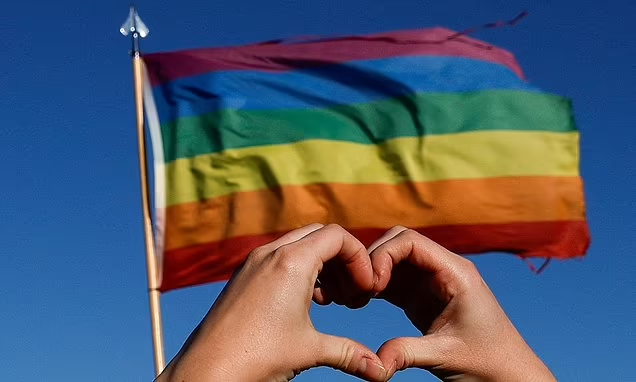
Avellon Williams
BARBADOS- Barbados’ top court has struck down colonial-era laws criminalizing gay sex, becoming the third conservative Caribbean country to do so this year.

A ruling by the Barbados High Court on Monday marks a pivotal moment for activists and nonprofit organizations that have long fought against such laws on the eastern Caribbean island, such as ones that demand life sentences for gay men found guilty of having sex.
‘It’s gone from a certain ripple effect to a tidal wave in the Caribbean, which is what everyone involved set out to achieve,’ said Téa Braun, Chief Executive of the London-based Human Dignity Trust, a Human Rights Organization.

Braun said the laws signal that LGBTQ people are criminals and lesser citizens, despite rarely being invoked.
‘The striking down of the laws reverses that and overnight tells the entire society that this is consensual contact and that what people choose to do with their private relationships is not the business of the law,’ she said in a phone interview.
The abolition of these laws has been opposed by several Christian churches and organizations throughout the Caribbean, supported by some political leaders who invoke God in their arguments.

According to Braun, only six countries in the Americas have similar laws, including Guyana, Grenada, Dominica, St. Vincent, the Grenadines, and Jamaica, where LGBTQ residents have fled due to violent attacks. There is a pending case in St. Lucia. These laws were declared unconstitutional by Caribbean courts earlier this year in Antigua & Barbuda and St. Kitts & Nevis.
According to Braun, 67 jurisdictions criminalize private, consensual same-sex activities globally, down from more than 80 a decade ago.
As of late January, the Barbados High Court will not release a written judgment detailing its reasons for finding such laws unconstitutional, only an oral ruling. There was no immediate word on whether the government would appeal.
Prime Minister Mia Mottley of Barbados is considered an ally of the LGBTQ community. While she was attorney general of the island, she called for abolishing the laws.

Two LGBTQ advocates filed the case in Barbados, supported by local organizations including the Eastern Caribbean Alliance for Diversity and Equality, Inc., which said the court’s decision consolidated the rights of all Barbadians to privacy and freedom of expression.
‘The striking down of these laws doesn’t solve all problems of course,’ Braun said, noting that the LGBTQ community still faces violence and discrimination. ‘The dismantling of these laws is the first major step, but not the last step.’




